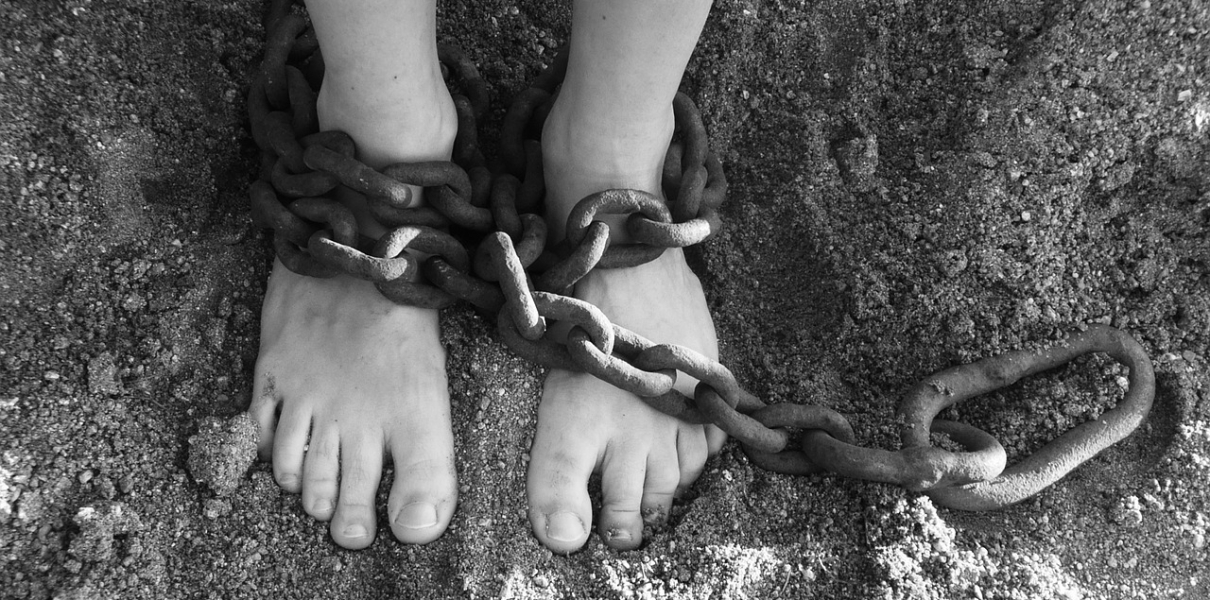The short answer is “Yes!” But the real problem is the question itself. When we worry about whether we are good enough we are buckling ourselves at the knees over a perceived flaw rather than standing tall in the fullness of our being.
This act of questioning our sufficiency causes us to feel inferior without our even realizing it. So, it’s a good idea to ask a better question from time to time to monitor your well-being – “Is there anywhere in my life that I experience concern about whether or not I am good enough?” That’s a question we can do something with.
The real issue here is how we feel about ourselves, not how we measure up to some external standard of perfection.
Here’s an example. Recently I was applying for representation for some of my work in order to get greater visibility. In my monthly creative support group, I discussed my concerns about areas where I didn’t meet the desired qualifications this organization specified. One of my colleagues redirected my attention to the areas where I did measure up and exceeded their expectations. He questioned why I was focusing on my apparent shortcomings by comparing myself to a list of desired qualifications. I realized that was a pattern of behavior for me and that I tended to hold myself up to standards of perfection rather than confidently sharing what I have to offer.
In seeing this, I was able to shift my perspective. That allowed me to break free of my self-imposed rejection which in turn enabled me to proudly offer my strengths. Somehow, I had been assuming that everyone else had strength in all areas of consideration and that I wasn’t worthy of consideration because I had some shortcomings.
My friend helped me realize that we are all mixed bags of strengths and weaknesses. I reframed my goal. Rather than seeking approval from one specific company, I sought to find a healthy match between what I have to offer and an organization that is excited to find me. I realized that I wanted a company that could support me in moving to the next level of my growth and development.
Look in your own life to see where you tell yourself you are not good enough. Do you body shame yourself? Do you tell yourself you are not smart enough? Talented enough? Attractive enough? Accomplished enough? If there are areas where you do this take it to the next level and ask yourself, “Why do I do this to myself? What are my mental and emotional consequences of questioning my worthiness?”
Another way of looking at this issue is to consider the fact that the concern about being good enough is an expression of giving your personal power or agency away. You are telling yourself that other people are better equipped to judge your value than you are. You give them the authority to do so. Here are some examples of questions or thoughts that demonstrate that you are out of balance with yourself:
- “Do I look fat in this dress?”
- “Maybe if I take this one more course or workshop then my work will be good enough.”
- “So and so has more impressive credentials than I do so I probably won’t get the job.”
- “If someone doesn’t like my work than it must not be very good.”
- “Why would anyone pick me? There are lots of people who are prettier, smarter, more outgoing.”
This issue all boils down to our relationship with ourself and whether or not we are president of our own fan club. Rabbi Hillel the Elder (110 BC – 10 AD) deepens this question of doubting our own worthiness and invites us to more fully participate in our own life by asking:
“If I am not for myself, who will be for me? But if I am only for myself, what am I? If not now, when?”
Finally, rather than relating to your shortcomings as predictors of failure, consider building skill in making the most of whatever you have. If you are playing cards and have been dealt a bad hand, don’t fold your cards and give up. Instead, consider it a challenge to achieve the best possible results with such a hand. It’s not the hand you are dealt that determines your fate. It’s how you play the hand you are dealt that will be the true measure of your worthiness.
If you would like to know more about me and my work, please explore my website here.







